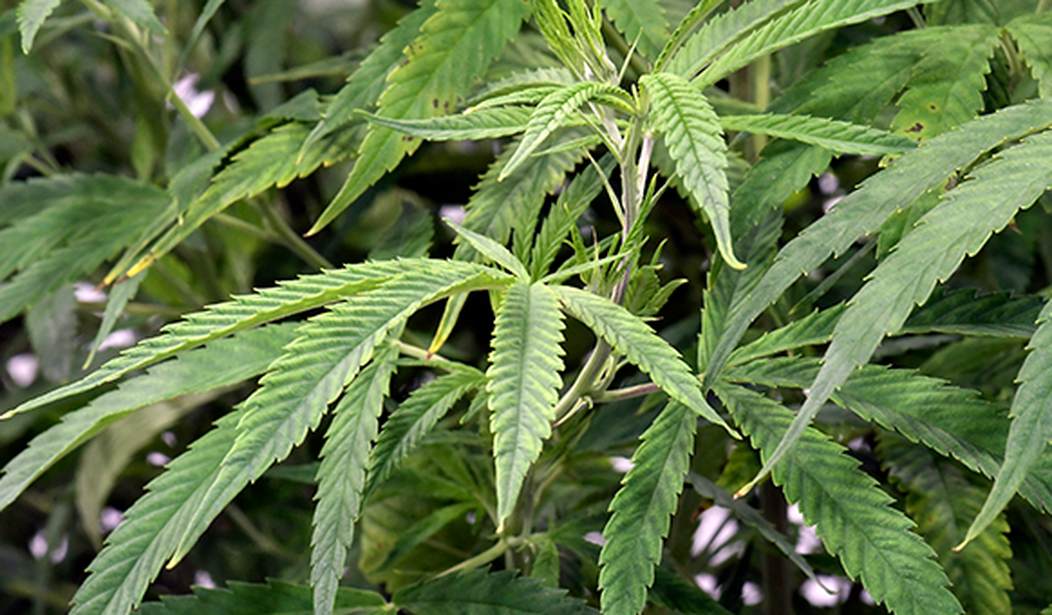Marijuana is a harmless drug with benign effects on people and a salutary effect on society. So claim those who support the legalization of marijuana.
Nothing could be further from the truth.
In a perfect world, it shouldn’t be the business of the government to determine what adults inhale, ingest, swallow, sniff, snort, or inject into our bodies. But we don’t live in a perfect world. What adults do with their bodies — even if they are risking their lives — might not be the business of government. But children are another matter. And it is certainly the business of government to protect children and keep them from harm.
The most compelling argument for legalization is legal housekeeping. There are too many marijuana cases that clog up the court docket, and since possession of marijuana is a victimless crime, legalizing possession will free the courts to dispense justice to “real criminals.”
That’s not to say there isn’t a moral argument to keep marijuana possession illegal. But in the face of massively overburdened courts, there are moral arguments to be made on both sides.
The Jane Addams College of Social Work at the University of Illinois will be conducting an annual study of the effects of legalization on Illinois residents. This study may cause some legislators who voted for legalization to regret their vote.
Marijuana legalization in Illinois has come with increased pot-involved deadly crashes, a rise in accidental ingestion among children, an association with psychotic disorders, and increases in preterm births by mothers using cannabis, a new study has found.
Reported benefits include decreases in marijuana-related arrests and in opioid and benzodiazepine-related fatalities.
Contrary to fears, there appears to be little to no increase so far in cannabis use among minors.
“The rate of fatal crash drivers who tested positive for marijuana rose from 25% in the two years before legalization to 37% in 2020, the first year of legal recreational sales in Illinois,” according to the study. In nearby states where pot is still illegal, the rate of fatal crashes involving pot use is still around 25%.
Frequent pot use — 20 or more times a month — shot up to 6.4%. Frequent use leads to psychotic episodes — especially when high concentrations of THC, the drug that produces the high, are ingested.
“People hospitalized for cannabis use disorder had a higher prevalence of manic episodes or psychotic disorders. Studies elsewhere have shown a strong association between frequent use and high-potency pot and psychosis, including schizophrenia,” reports the Tribune.
As the Tribune previously reported, the number of calls to the Illinois Poison Control Center for nonfatal marijuana overdoses by children 17 and under also rose dramatically since legalization, from fewer than 100 in 2016 to about 500 in each of the past two years. Calls about children typically were caused by kids eating their parents’ gummies. Adults saw a doubling of overdose calls in that time.
About 20% of persons using cannabis in the past year said they experienced one or more adverse effects, most commonly with panic reactions, feeling faint or dizzy, and nausea or vomiting.
If alcohol had that rate of “adverse effects,” would it still be legal?
The argument I make for keeping pot possession mostly illegal is this: Why should we legalize another substance that destroys lives? Marijuana is not “harmless, and it’s not without costs to society. While legalizing possession may relieve the backlogs in the court, at what cost do we celebrate that?
Legalization is not the answer. Cannabis can be a “gateway drug.” Not because there’s any substance in marijuana that makes people want to try cocaine, heroin, or other drugs, but because people who use and sell marijuana are much more likely to be able to find other drugs through their casual associations.
The effects of having one more drug that ruins lives or leads to the use of other, more harmful drugs should be examined more closely.










Join the conversation as a VIP Member